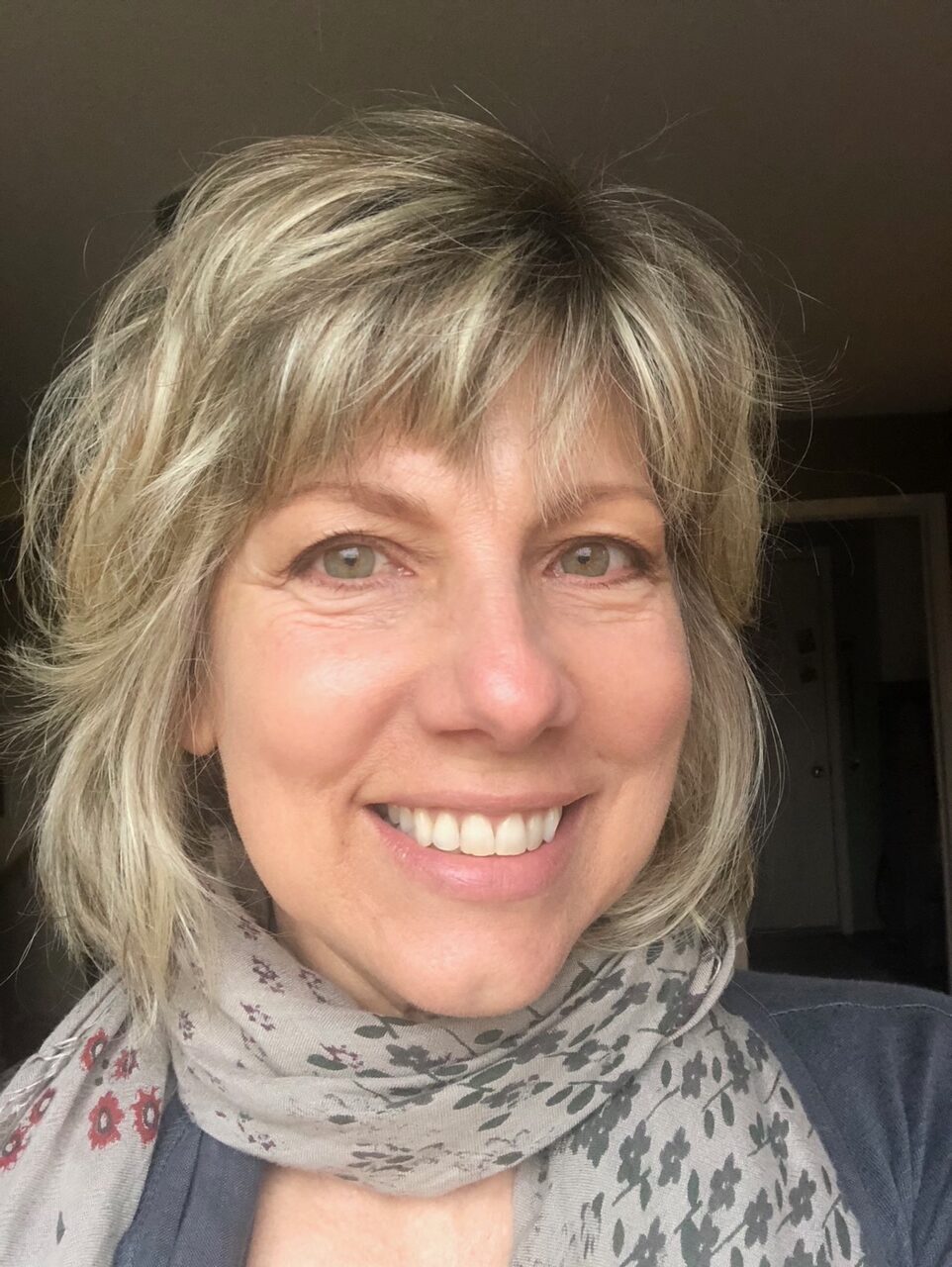
About HIPAA for Caregivers
HIPAA for Caregivers educates and advocates for compassionate communication between family and health care providers.

Who will find this useful?
Does your heart hurt because a loved one does not want to involve you in their health care? We understand.

Mission, purpose, goals
HIPAA for Caregivers is passionate about helping families and friends who are caring for loved ones with mental health challenges.

What do we do?
We help supportive caregivers become more involved with their loved one’s health care team. Education and advocacy are our tools.
Who will Find HIPAA for Caregivers Useful?
Do you relate to this? If so, you have come to the right place.
Sometimes, a patient does not want health care providers to talk with their family or friends who are supporting them – caregivers. When this happens, mental illness or substance use are usually involved. Sadly, mental illness itself can cause people to believe they are not sick. Anger may arise as caregivers confront changes in behavior. Or, anger itself may be a symptom of the mental challenge. As a result, it is common for patients to want family kept out of treatment discussions.
Under HIPAA, there are situations where doctors may talk with caregivers without a patient’s consent. And, there are several ways for doctors to get consent. Unfortunately, health care providers are often overly strict in how they interpret the HIPAA Privacy Rule. And, some just don’t want to take the time to listen to families. When that happens, they don’t talk with caregivers during and after a loved one’s mental health crisis.
As a result, many families are stressing and hurting while they strive, uninformed, to help their loved ones. They are giving far more of themselves than any other entity involved with the patient. And they do it while conversations that could improve health outcomes swirl around them, unheard.
It doesn’t have to be that way, though. We have seen the benefits that come from the opposite approach. When doctors listen to families, consider their input, and share information about the patient, lives are changed for the better. We work toward that end.
Mission, Purpose, and Goals
HIPAA for Caregivers is determined to improve healthcare outcomes for caregivers and their loved ones struggling with mental health conditions. We seek to improve compassionate communication between patients’ families and health care providers by:
-
- educating caregivers about HIPAA so that they can advocate more effectively for themselves and their loved ones.
- advocating for improvements in HIPAA’s content and interpretation.
Who are caregivers? They are supportive family members or friends caring for a loved one with a mental health condition.

What does HIPAA for Caregivers do?
This project began in November 2020. Two parents concerned about how federal privacy rules inhibit communication about adult children’s mental health care decided to act. They believe in educating caregivers and advocating with physicians for more inclusive interpretation of HIPAA. Why? Because they see it leading to better outcomes for patients with mental health challenges. HIPAA for Caregivers was created as the tool for making this happen.
People

Susan Todoroff, Director
Susan Todoroff provides overall program leadership for HIPAA for Caregivers. She also acts as the main connecting point with other mental health organizations.
Helping people with both their physical and mental health is Susan’s passion. For many years, she was a personal trainer and fitness instructor. Then, in 2010, she launched a successful Ann Arbor cafe offering healthy, locally-sourced food. Over the next eight years, Susan balanced building her business with raising her children. During that time, she became increasing devoted to mental health when a close family member was struggling. After selling her cafe, the Washtenaw County chapter of the National Alliance for Mental Illness (NAMI) became her focus. These days, Susan presents mental health awareness to high-schoolers, advocates for NAMI in hospitals, facilitates classes for families and co-leads a support group called Parents Together.
Susan has a BA in Speech & Public Relations from Wayne State University.


